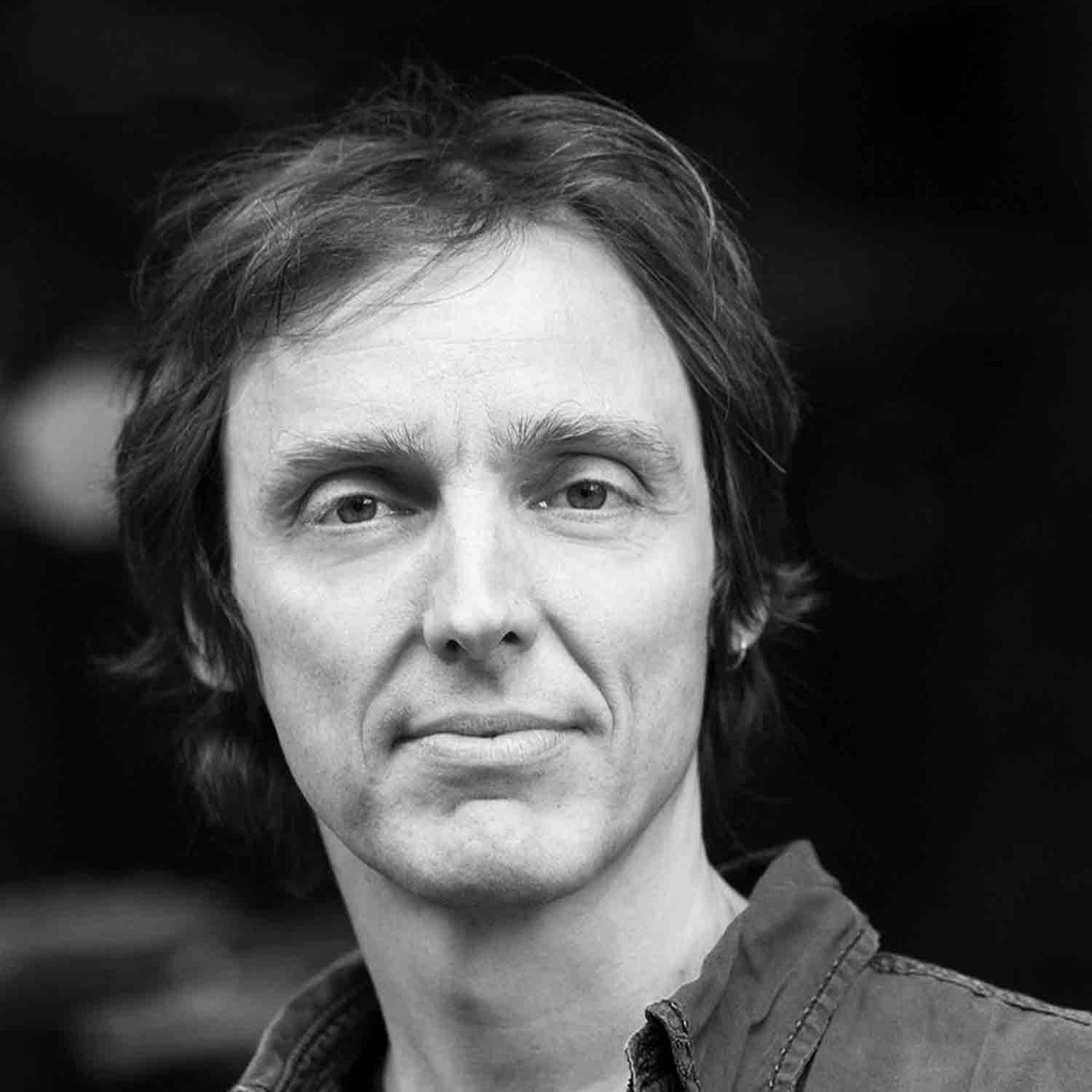Latest Articles
Physicists Rewrite the Fundamental Law That Leads to Disorder
The second law of thermodynamics is among the most sacred in all of science, but it has always rested on 19th century arguments about probability. New arguments trace its true source to the flows of quantum information.
Major Quantum Computing Strategy Suffers Serious Setbacks
So-called topological quantum computing would avoid many of the problems that stand in the way of full-scale quantum computers. But high-profile missteps have led some experts to question whether the field is fooling itself.
Biologists Rethink the Logic Behind Cells’ Molecular Signals
The molecular signaling systems of complex cells are nothing like simple electronic circuits. The logic governing their operation is riotously complex — but it has advantages.
How Big Can the Quantum World Be? Physicists Probe the Limits.
By showing that even large objects can exhibit bizarre quantum behaviors, physicists hope to illuminate the mystery of quantum collapse, identify the quantum nature of gravity, and perhaps even make Schrödinger’s cat a reality.
Cells Form Into ‘Xenobots’ on Their Own
Embryonic cells can self-assemble into new living forms that don’t resemble the bodies they usually generate, challenging old ideas of what defines an organism.
Alchemy Arrives in a Burst of Light
Researchers have shown how to effectively transform one material into another using a finely shaped laser pulse.
Wormholes Reveal a Way to Manipulate Black Hole Information in the Lab
A proposal for building wormhole-connected black holes offers a way to probe the paradoxes of quantum information.
Quantum Darwinism, an Idea to Explain Objective Reality, Passes First Tests
Three experiments have vetted quantum Darwinism, a theory that explains how quantum possibilities can give rise to objective, classical reality.
The Quantum Theory That Peels Away the Mystery of Measurement
A recent test has confirmed the predictions of quantum trajectory theory.









